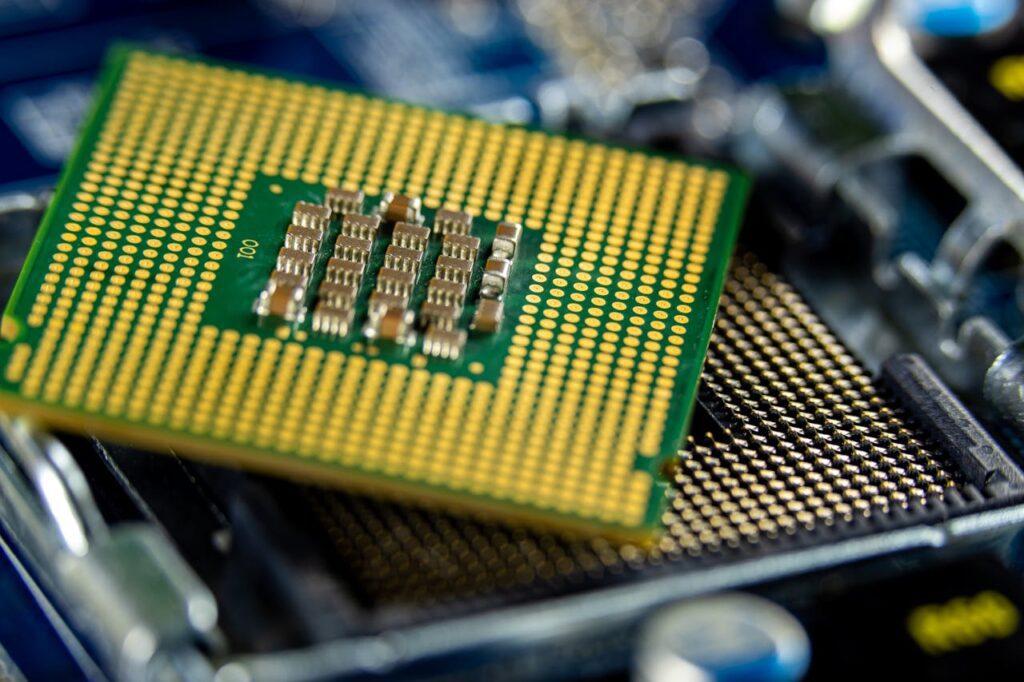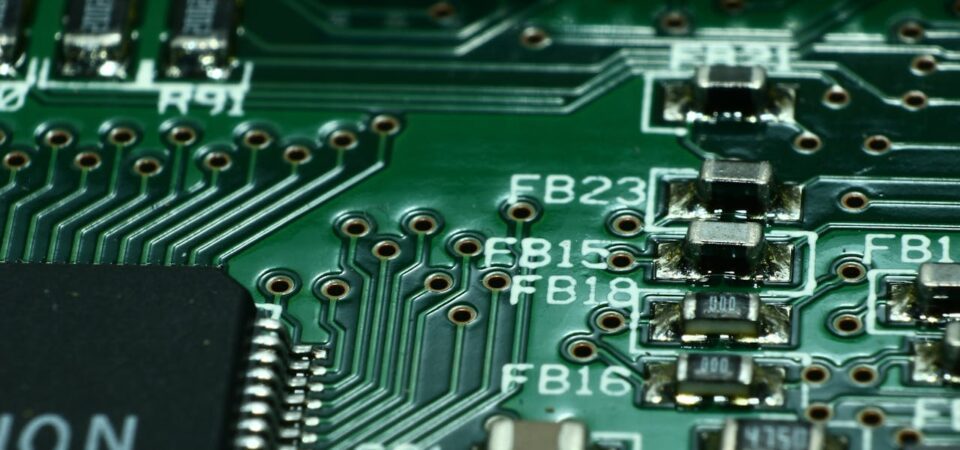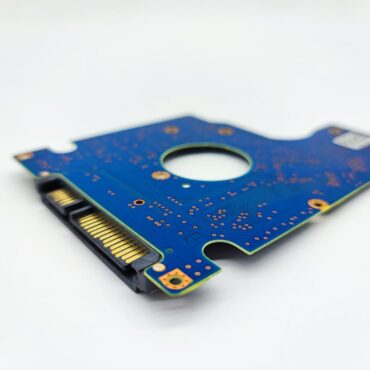Flexible circuits have so many advantages, but this also means that these circuits have unique demands which make decisions like choosing the right finish a very important part of flex PCB fabrication.
You want to choose a surface finish that is flexible yet still durable to withstand mechanical stress while still offering excellent electrical performance with low resistance. Without going into detail about reliability, corrosion resistance, thermal stability, and environmental regulations, these are just a few of the requirements that a flexible circuit must meet and all these expectations are met by making the right choices in your PCB fabrication.
In this article, we will explore the different considerations for PCB surface finishes and how to choose the right one for flex PCB fabrication.
Surface Finishes and Why Are They Important
In PCB fabrication, these are coatings that we apply to the exposed copper traces of the PCB. This is done to protect the exposed traces from oxidation which is bad for PCBs because it degrades performance over time.
A Surface finish doesn’t just protect the traces against oxidation though. It also creates good solderability conditions during the assembly process.
In the PCB industry, we rely on several types of finishes. Each has unique properties, as well as advantages and disadvantages. Knowing a little about the commonly used ones will help you understand why we choose one over the other for fabricating a flex PCB.
Some Very Common Types of PCB Finishing

- Hot Air Solder Leveling (HASL): Here, the PCB is coated with molten solder and then the excess solder is leveled with hot air. It is cheaper than most options, lasts longer and HASL finishes also have great solderability. It’s not quite perfect though. This is because it also creates an uneven surface which can be a problem for fine-pitch surface mount components.
- Organic Solderability Preservative (OSP): Though it is a lesser-known finishing method for a flex PCB fabrication, OSP is an organic compound applied to copper that prevents oxidation. Basically, its only benefit is that it is cheap and makes a very flat finish. But its drawbacks like having a shorter shelf life and being sensitive to handling, as well as being less suitable for multiple reflow cycles, don’t make it unsuitable for flex PCB fabrication.
- ENIG: ENIG uses a layer of nickel covered by a thin layer of gold. This process has many benefits such as providing a flat surface, excellent solderability, and good oxidation resistance. Plus, it’s great that it is suitable for fine-pitch components. It is however more expensive than HASL and its nickel layer can sometimes corrode, a phenomenon known as “black pad”.
- Immersion Tin: In this process, we deposit a thin layer of tin on the copper surface. It makes for a good flat surface and great solderability but it can whisker over time, leading to potential short circuits and it has a limited shelf life.
- Immersion Silver: Another possible consideration for flex PCB fabrication is immersion silver where a thin silver layer is applied to copper. It is less expensive than ENIG, provides a flat surface, and has great solderability. However, it can tarnish over time and is sensitive to handling and storage conditions.
Selecting The Right Surface Finish For Flex PCBs
Now that we know the common types of finishes, here is a guide on factors to consider.
- Flexibility Requirements: Flex PCBs need to bend and flex without damaging the surface finish. Finishes that crack or degrade when bent, like HASL, are not suitable. ENIG and OSP are often preferred for their durability and flexibility.
- Thermal Cycling: During fabrication, flex PCBs often undergo multiple thermal cycles during assembly and operation. For this case, surface finishes like ENIG are ideal since they can withstand multiple reflows.
- Cost Considerations: Your budget will also determine your choice. For example, OSP and immersion silver are cheaper options but not ENIG. So, you have to weigh your priorities and choose accordingly.
- Operating conditions and Environment: ENIG is great for harsh conditions.
Work With Us
If you need help choosing the right PCB surface finish for flex PCB fabrication, let Alternate Finishing, Inc. help you. We serve customers across the USA and Canada with precious metal plating services. Our work is reliable and we have a quick turnaround on our jobs.
If you are interested in working with us, call for a quote.








